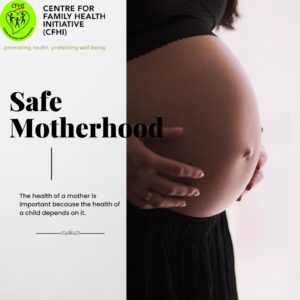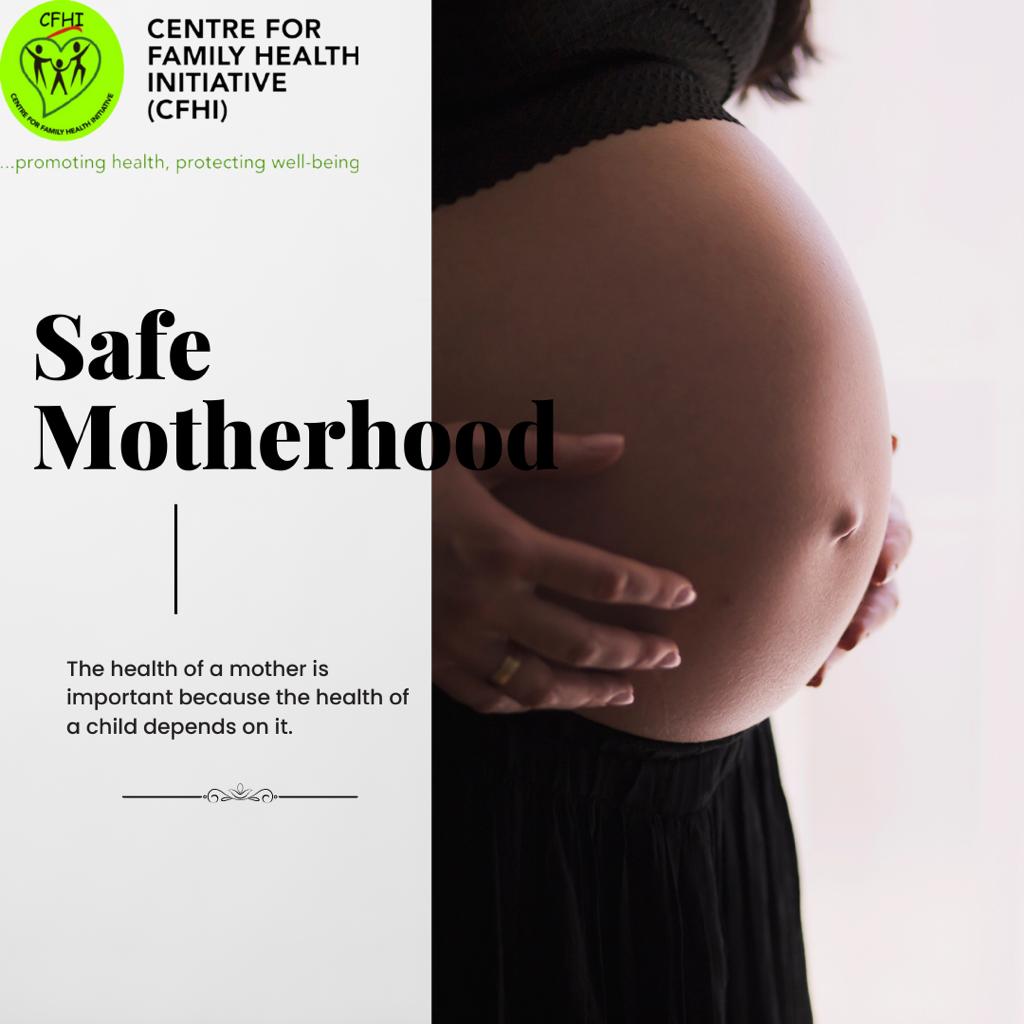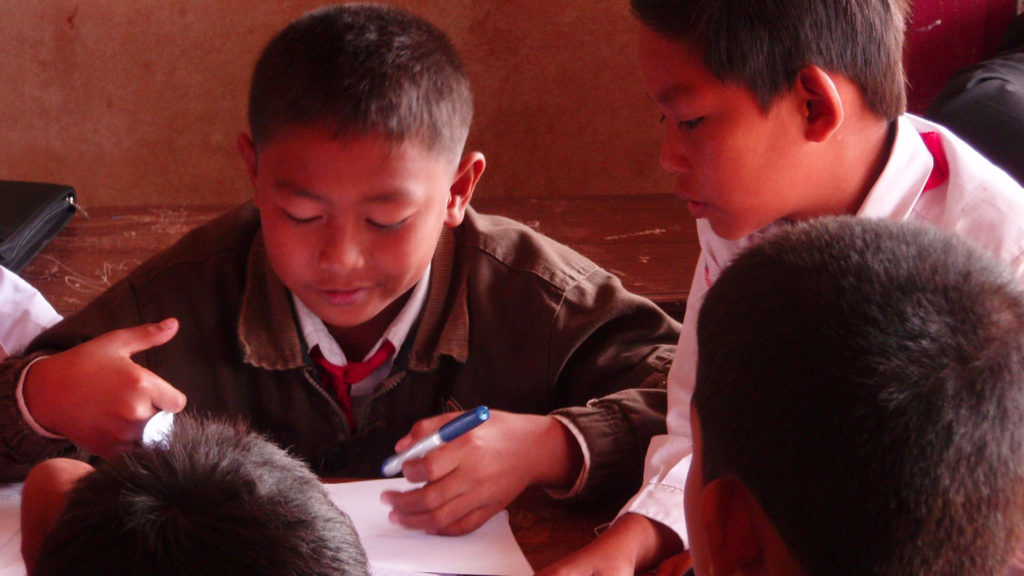According to the World Health Organization, safe motherhood is providing all women with the care they require to be safe and healthy during pregnancy and childbirth. Safe motherhood is a fundamental right for women, yet it is not always guaranteed in Nigeria. Despite advances in some areas, such as better access to healthcare and more educated birth attendants, there are still significant difficulties in Nigeria to ensuring safe motherhood.
Inadequate access to appropriate healthcare services is one of the key difficulties of safe motherhood in Nigeria. Due to a shortage of health facilities in rural areas, many Nigerian women continue to give birth at home or in unsanitary conditions. Furthermore, most healthcare institutions in Nigeria are understaffed and under-equipped, making it difficult to provide quality maternal healthcare services.
In Nigeria, there is limited knowledge and education on maternal health. Many women in rural areas are unaware of the necessity of antenatal care and may wait until it is too late to seek medical help. Furthermore, cultural and traditional beliefs influence maternal health outcomes in Nigeria. Some communities, for example, believe that women should give birth at home with the assistance of traditional birth attendants, resulting in high rates of mother and child mortality.
The Universal Declaration of Human Rights in Article 25(2), addressing health and well-being asserts that motherhood and childhood are entitled to special care and assistance.
Also, the Women’s Convention which Nigeria is a state party provides that state parties shall ensure to women appropriate services in connexion with pregnancy, confinement and the post-natal period, granting free services where necessary, as well as adequate nutrition during pregnancy and lactation.
In conclusion, providing safe motherhood in Nigeria is a complex problem with many difficulties. Lack of proper healthcare facilities and skilled experts, cultural customs and beliefs, poverty, and inadequate infrastructure and transportation all contribute to the problem. Addressing these challenges will necessitate a multifaceted approach that includes improving healthcare infrastructure and access, enhancing maternal health education and awareness, and tackling cultural attitudes and behaviours that can have a negative impact on maternal health.
Speak Wednesday is an initiative of CFHI to address issues around gender-based violence and gender bias.
#SpeakWednesday #SafeMotherhood #Women’sHealth #Women’sRights #HumanRights #GenderStereotype #GenderBias #GenderInequality



